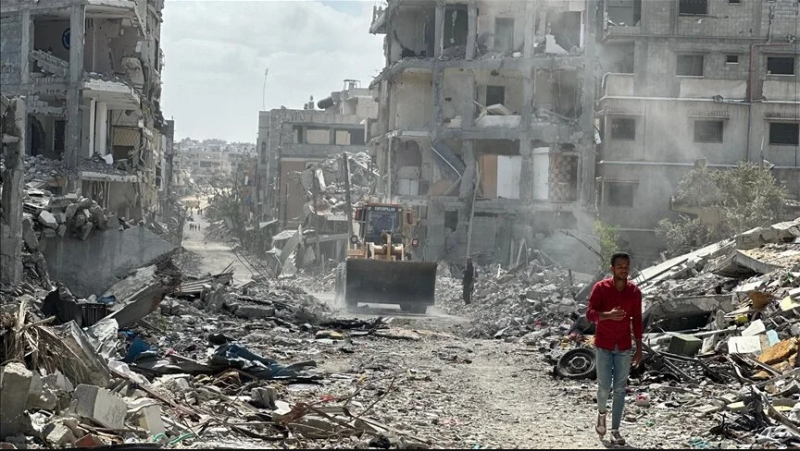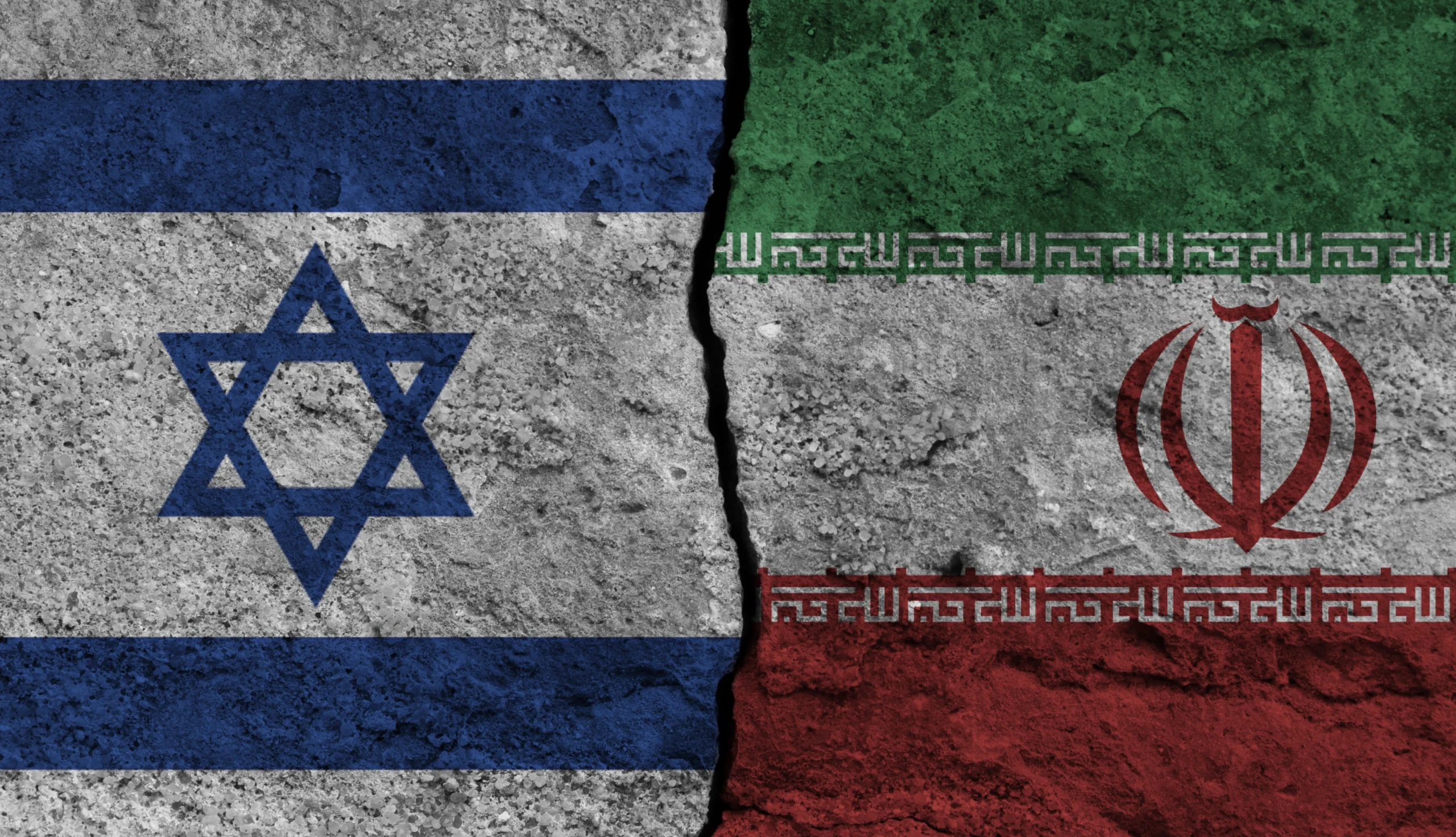Mubashir Nadeem
A new migrant boat disaster near Morocco has left 65 passengers stranded at sea, with many believed to be Pakistani nationals. This marks the third such tragedy in recent months involving Pakistanis, drawing attention to the growing crisis of illegal migration from Pakistan. The sheer number of these incidents signals an alarming pattern, highlighting not only the devastating human cost of the migration crisis but also the failure of the country’s law enforcement in curbing illegal migration networks.
While addressing the deep-rooted causes of this issue—particularly the country’s economic decline—cannot be resolved overnight, it is crucial that the authorities take immediate action. The urgent need to combat human trafficking is critical, and setting up specialized enforcement teams is a vital first step in this fight.
These tragedies speak volumes about the desperation of certain segments of Pakistan’s population, who risk their lives for the hope of a better future. For many, the lure of illegal migration is born out of the struggle to secure basic living standards in the face of an economy in freefall. The failure of the state to create sustainable employment and opportunities for its citizens has left many no choice but to embark on dangerous, often deadly, journeys across perilous waters.
Unfortunately, this desperate search for a better life often ends in catastrophe. The recent sinking of a migrant boat near Morocco, which is suspected to have had Pakistani nationals among its passengers, adds another tragic chapter to a long list of fatal incidents. These deaths are not isolated events; they are part of a wider and growing trend of illegal migration driven by economic despair and the willingness of unscrupulous traffickers to exploit this vulnerability.
This ongoing tragedy highlights the significant failure of law enforcement authorities in curbing illegal migration and human trafficking. While global economic challenges have driven migration worldwide, the scale of Pakistan’s crisis is particularly concerning. The increasing number of Pakistani nationals found on capsized boats or detained on foreign shores suggests a persistent and expanding issue that law enforcement has struggled to address effectively.
One of the primary factors contributing to this failure is the lack of specialized law enforcement focused on human trafficking. The human trafficking trade operates across borders, often involving complex networks and sophisticated methods to evade detection. This necessitates a dedicated, well-equipped squad within agencies such as the Federal Investigation Agency (FIA) or the police, tasked with monitoring, investigating, and dismantling these networks.
Moreover, this issue is not just confined to Pakistan’s borders; it is a cross-border problem that requires international cooperation. Law enforcement agencies must forge stronger ties with other countries facing similar challenges to prevent further loss of life and to arrest traffickers operating with impunity.
It is not only the criminals running these human trafficking networks who are to blame. The involvement of corrupt officials at various levels of governance is another factor enabling this illegal trade. The traffickers’ ability to operate with relative ease often points to the presence of powerful patrons who provide cover and protection. These patrons could be within Pakistan’s law enforcement, political class, or government apparatus.
This was most recently highlighted when the Director-General of the FIA was removed from his position after being accused of mishandling investigations into the deaths of Pakistani migrants aboard a capsized ship headed for Greece. Although the specifics of his alleged failure have not been made public, the lack of transparency surrounding his dismissal and the absence of any follow-up investigations raise concerns about the depth of corruption or incompetence at play. With no accountability for the people involved in the trafficking network, there is little incentive for change.
Despite high-profile dismissals and ongoing public outrage, the problem of illegal migration and trafficking continues to thrive. Traffickers have proven resilient, finding new ways to evade detection, while the authorities seem ill-prepared to tackle this transnational issue effectively.
In order to break the cycle of illegal migration and human trafficking, Pakistan must invest in specialized law enforcement units focused solely on tackling this crisis. This would require establishing a dedicated team within the FIA or police, tasked with targeting traffickers at every level of their operation. The team should be equipped with advanced resources, training, and technological tools to dismantle these networks and bring perpetrators to justice.
Pl watch the video and subscribe to the YouTube channel of republicpolicy.com for quality podcasts:
Additionally, the government must prioritize international collaboration to disrupt cross-border human trafficking. By working with neighboring countries, Pakistan can help prevent these tragic journeys and ensure that traffickers are held accountable for their actions. This would also involve strengthening visa and immigration policies, as well as investing in public awareness campaigns to help deter potential migrants from embarking on such perilous journeys.
While law enforcement action is crucial, tackling the root causes of illegal migration is just as important. Pakistan’s ongoing economic crisis—marked by soaring unemployment, rising poverty, and inflation—drives many young people to take extreme measures in search of work abroad. Economic instability, combined with a lack of opportunities at home, has left a significant portion of the population vulnerable to exploitation by traffickers who prey on their hopes for a better life.
Addressing these economic challenges requires long-term strategies aimed at creating jobs, improving education and skills development, and stabilizing the country’s economic situation. However, these reforms will take time to implement and will require coordinated efforts from all levels of government, the private sector, and international partners.
The recent tragedy involving Pakistani migrants serves as a stark reminder of the deep vulnerabilities faced by many in the country, as well as the moral and practical failings of the authorities. While the root causes of this crisis may take time to address, immediate steps must be taken to combat the illegal human trafficking networks that exploit the vulnerable. The formation of specialized law enforcement units, international cooperation, and a commitment to addressing the economic issues driving migration are all essential to preventing further loss of life.
Pakistan’s failure to act decisively will only allow this deadly trade to continue, leaving more families to mourn the loss of loved ones who embarked on these dangerous journeys in search of a better life. It is time for the government to prioritize the protection of its citizens and put an end to the deadly cycle of human trafficking and illegal migration.

















